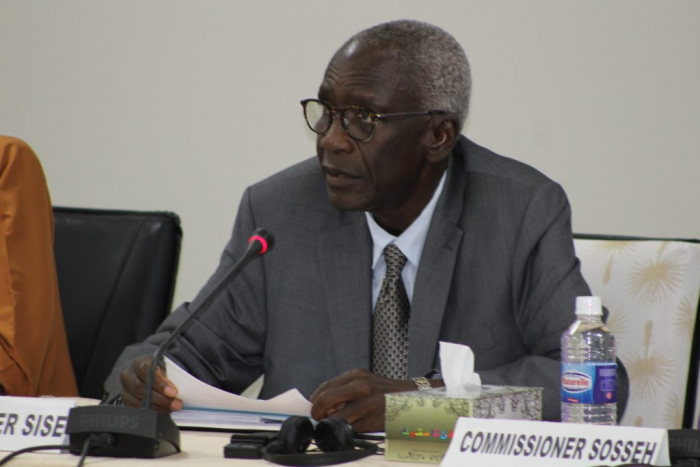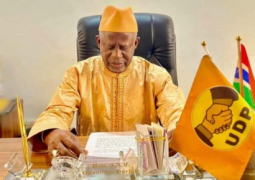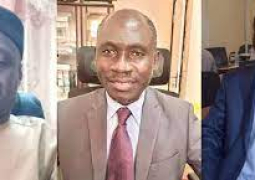
“The testimonies heard during the 871 days of public hearings brought pain and bewilderment to the population. They could not believe that the atrocities they were hearing from witnesses could occur in their country. A land of peaceful coexistence! A society imbued with tolerance of the highest order! They could not believe that innocent and ordinary citizens and other nationals found in the territorial jurisdiction of The Gambia, many murdered in cold blood, would be victims of the atrocities narrated.”
He emphasised that the commission of the atrocities by Jammeh and his cohorts achieved the desired effect of instilling fear among the Gambian population, adding it also gave them time and space to pillage the resources of the country.
Among the kinds of atrocities and other human rights violations detailed by witnesses during the public hearings, Dr. Sise said, included arbitrary arrests, unlawful detention, unlawful killings, torture, enforced disappearances, sexual and gender-based violence, inhuman and degrading treatment, witch hunting, fake HIV/AIDS treatment and general and widespread abuse of public office
“The phenomenon of leaders of military coups civilianizing themselves was rampant in the sub region of West Africa. These leaders rigged and held farce elections to perpetuate their rule. The Gambia became a collective victim of this phenomenon. Witnesses have testified before this Commission that structures that underpin good governance, e.g. respect for the rule of law and independence of the judiciary were virtually non-existent during the 22 year Jammeh rule.”
He added that Jammeh is gone; the killings by state agents have stopped; torture is no longer sanctioned by the state; ‘junglers’ have dispersed, some in foreign lands while others stayed to confess their misdeeds, and the folly of ruling The Gambia for a billion years abruptly and ignominiously ended in 22 years.
He continued that: “The crocodiles in Kanilai lay submerged in a dirty pond while the peacocks in Jammeh’s palatial grounds cry out ceaselessly and purportedly for their departed master. The chaos we recently saw at these grounds in Kanilai must not be the chaos in our country in the wake of the demise of the Jammeh regime. Our collective effort to build a new and better Gambia must not and I earnestly believe will not be squandered. The foundation stone for a stronger Gambia: the Draft Constitution, seems, however, for the moment to be stuck in a limbo. We must confront our recent difficult history in order to establish a new governance and sustainable structure to move the country forward to take its rightful place among developed societies.”
Read Other Articles In Headlines




